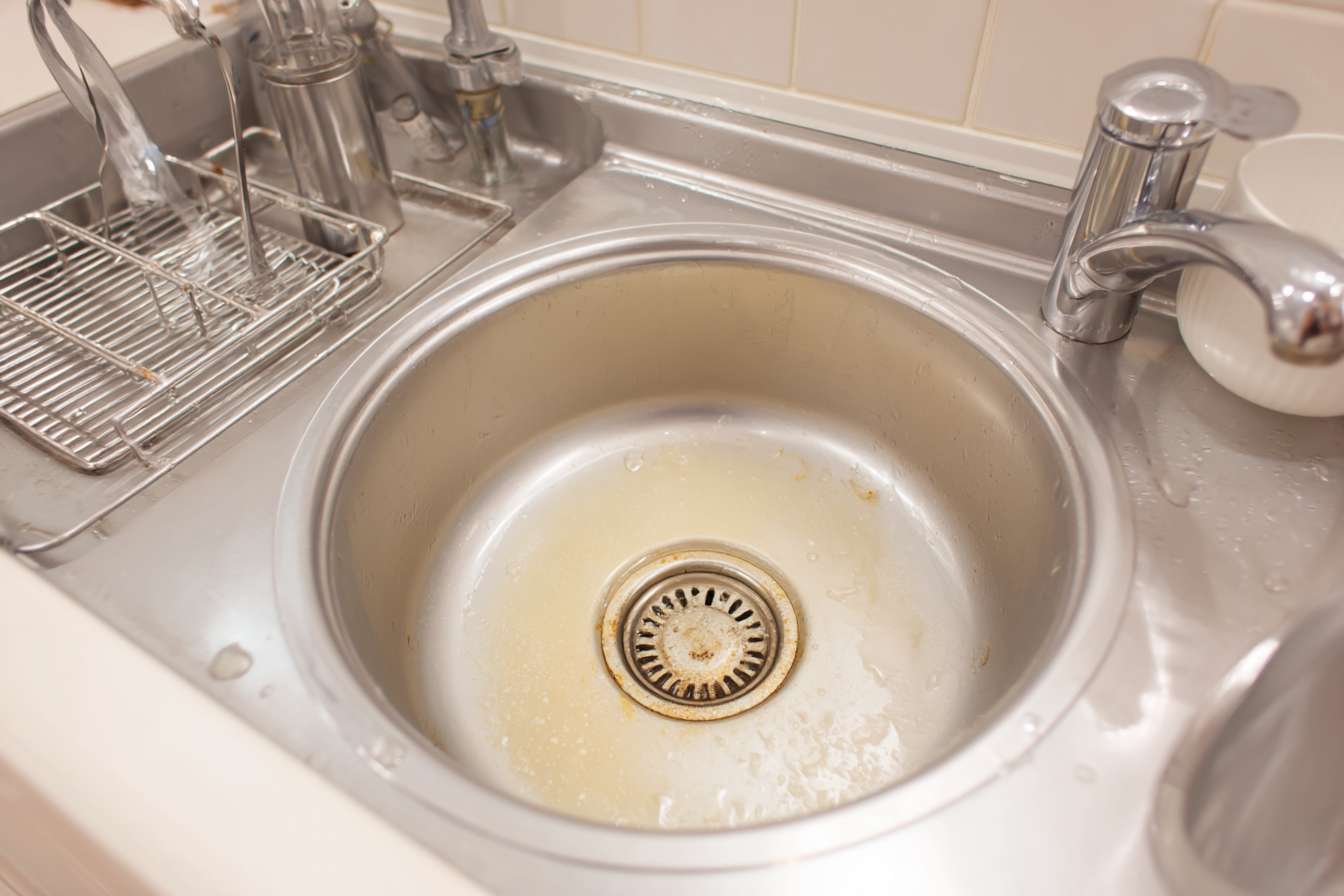The Essential Guide to Water Filters: Ensuring Clean, Safe Drinking Water at Home
In today's world, access to clean and safe drinking water is a top priority for many households. Water filters have become an increasingly popular solution to address concerns about water quality and potential contaminants. This comprehensive guide will explore the importance of water filtration, various types of water filters available for home use, and how these systems can improve the quality of your drinking water.

Moreover, for those who rely on well water or live in areas with known water quality issues, a home water filtration system becomes even more essential. It provides peace of mind, knowing that you and your family are protected from potential health risks associated with contaminated water.
What Types of Water Filtration Systems Are Available?
There are several types of water filtration systems available for home use, each with its own advantages and specific applications:
-
Activated Carbon Filters: These are among the most common and affordable options. They effectively remove chlorine, sediment, and organic compounds, improving taste and odor.
-
Reverse Osmosis Systems: These advanced systems use a semi-permeable membrane to remove a wide range of contaminants, including dissolved solids, heavy metals, and some microorganisms.
-
UV Purification Systems: Using ultraviolet light, these systems are particularly effective at eliminating bacteria and viruses from water.
-
Ceramic Filters: Known for their long lifespan, ceramic filters are excellent at removing larger particles and some bacteria from water.
-
Ion Exchange Units: These are specifically designed to soften hard water by removing minerals like calcium and magnesium.
How Do Water Purification Systems Improve Drinking Water Quality?
Water purification systems work by employing various technologies to remove contaminants from your water supply. The specific improvements depend on the type of system you choose, but generally, they can:
-
Remove chlorine and its byproducts, improving taste and odor
-
Filter out sediment, rust, and other particles
-
Reduce levels of heavy metals like lead and mercury
-
Eliminate or significantly reduce bacteria and viruses
-
Remove pesticides and other chemical contaminants
By addressing these issues, water purification systems not only make your water safer to drink but also enhance its overall quality and taste.
What Factors Should You Consider When Choosing a Home Filtration System?
Selecting the right water filtration system for your home involves considering several factors:
-
Water Quality: Have your water tested to identify specific contaminants you need to address.
-
Filtration Capacity: Consider how much filtered water you need daily.
-
Installation Requirements: Some systems are easily installed under the sink, while others may require professional installation.
-
Maintenance Needs: Factor in the cost and frequency of filter replacements.
-
Certification: Look for systems certified by recognized organizations like NSF International or the Water Quality Association.
How Much Do Water Filtration Systems Typically Cost?
The cost of water filtration systems can vary widely depending on the type, capacity, and features. Here’s a general overview of pricing for different types of systems:
| System Type | Initial Cost Range | Annual Maintenance Cost |
|---|---|---|
| Pitcher Filters | $20 - $70 | $30 - $60 |
| Faucet-Mounted Filters | $20 - $50 | $60 - $120 |
| Under-Sink Filters | $100 - $500 | $50 - $200 |
| Whole-House Systems | $500 - $3,000+ | $100 - $500 |
| Reverse Osmosis Systems | $200 - $1,500 | $100 - $200 |
Prices, rates, or cost estimates mentioned in this article are based on the latest available information but may change over time. Independent research is advised before making financial decisions.
Are There Any Drawbacks to Using Home Water Filters?
While water filters offer numerous benefits, it’s important to be aware of potential drawbacks:
-
Initial Cost: Some advanced systems can be expensive to purchase and install.
-
Ongoing Maintenance: Regular filter replacements are necessary to maintain effectiveness.
-
Water Pressure: Some systems, particularly reverse osmosis, may reduce water pressure.
-
Water Waste: Certain systems, like reverse osmosis, can waste water during the filtration process.
-
Over-filtration: Some filters may remove beneficial minerals along with contaminants.
Despite these considerations, for many households, the benefits of cleaner, safer drinking water outweigh the potential drawbacks.
In conclusion, water filters are an effective way to ensure the quality and safety of your home’s drinking water. By understanding the different types of filtration systems available, considering your specific needs, and weighing the costs and benefits, you can make an informed decision about the best water filter solution for your home. Investing in a quality water filtration system not only provides peace of mind but also contributes to the overall health and well-being of you and your family.






